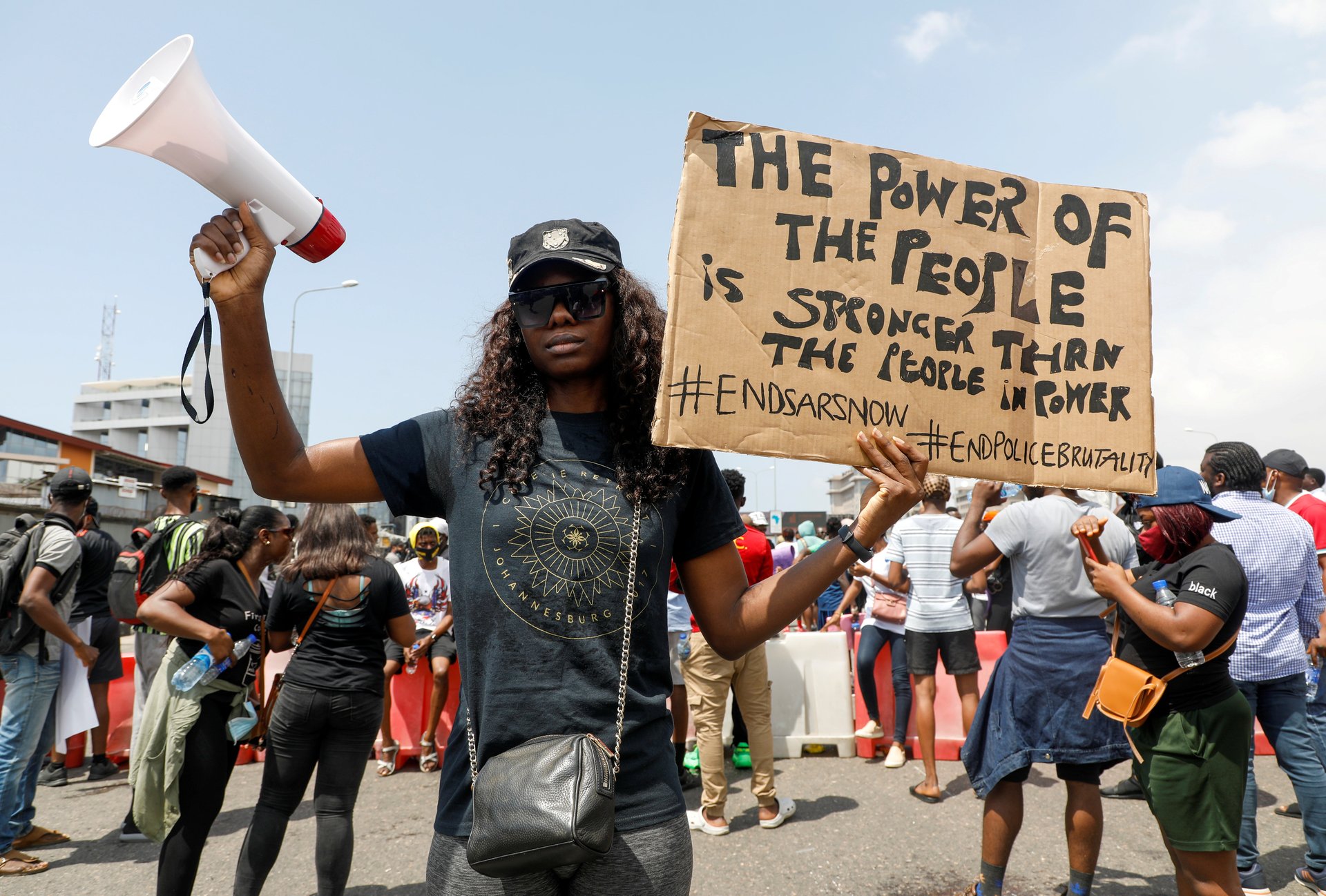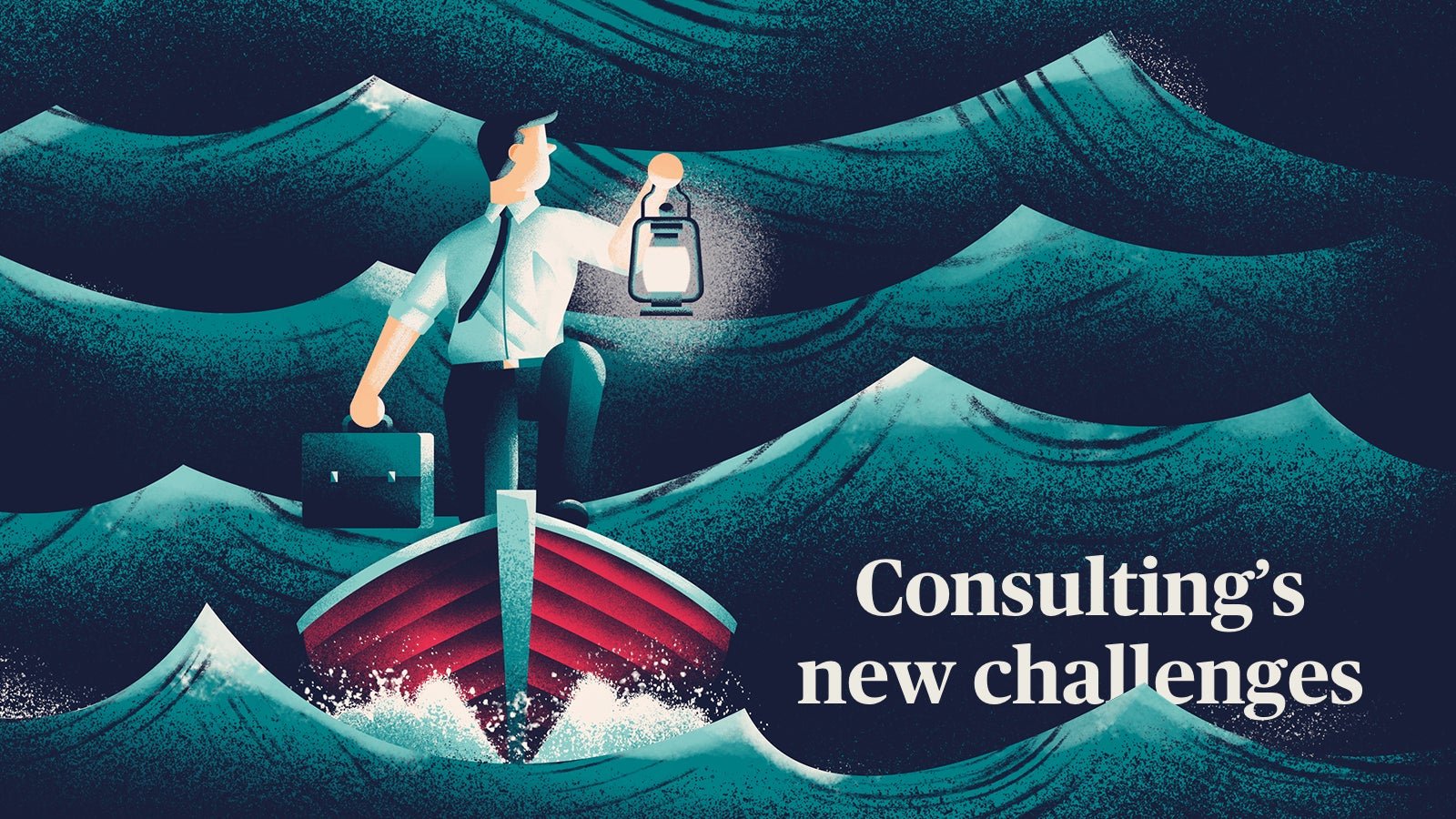Africa’s reparations, Kenya’s flooding lakes, Cameroon’s phone tax, Paystack’s moment
Hi, Quartz Africa readers!

Hi, Quartz Africa readers!
African reparations
How do you cost the loss of a human life? Is it calculated according to lost productivity, or lost relationships? How do you quantify the loss of ideas and innovation that die with the person? What’s more, how do you factor in the families they may have had, and the descendants, and what those descendants might have achieved?
These sums may seem implausible, but they are the very real considerations we explore and have to be made if Africa is ever to demand reparations for the losses of the transatlantic slave trade. Earlier this year, as the Black Lives Matter movement brought to the fore the legacy of racial injustice in the US and brought down colonial statues in Europe and even reached African cities, the question of reparations began to arise again.
The question has been posed in Africa before. Nearly three decades ago a group of economists, diplomats, politicians, and activists began to demand reparations. Championed by the late Kenyan academic Ali Mazrui and led by wealthy Nigerian businessman and former president-elect chief M. K. O. Abiola, they imagined a Middle Passage Plan, based on the post-World War II Marshall Plan, and began to devise a “ledger of reparations” and a “calculus of causality.”
That causality must consider the physical, economic, political, and psychological impact of four centuries of devastating mass kidnappings and brutal trafficking that the transatlantic slave trade necessitated and colonial rule. It must consider what the continent might have been if it did not lose millions of its people. To start with, it demands an imagination that transcends the racist trope that Africa was underdeveloped, and so ripe for the picking by European colonialists.
As this moment has taught us in this politically and socially fraught year, the discussion on reparations to Africa needs a catalyst. That catalyst will not come from across the Atlantic, but must be sparked here on the continent. Nearly twenty years ago, African leaders at the World Conference against Racial Discrimination, Xenophobia and Related Intolerance in Durban tried, but were overpowered by a European lobby and post-9/11 geopolitics.
As the pan-Africanists who issued the previous calls for reparations did, that call must be united and connected to the diaspora. Right now, disparate priorities may dowse any call for reparations to Africa.
— Lynsey Chutel, Quartz Africa contributor, Johannesburg
Read more: What reparations are owed to Africa
Nigeria’s #EndSars protests continue
Nigeria’s youth-led digital movement is what’s driving the country’s largest protests in a decade, reports Yomi Kazeem in Lagos. Young Nigerians major national protests are calling for widespread reforms in local police and government accountability over the past week. The protests which have grown organically from an online hashtag campaign to street demonstrations using digital tools, not just to amplify their cause but to also counter false narratives with evidence when necessary. These photos capture some of the key moments so far.

Five stories this week
More African governments are quietly tightening rules and laws on social media. The trend of African governments leaning towards stricter control of online platforms is spreading across the continent. In a bid to stifle dissent and political expression online, questionable social media regulations are being weighed by a growing list of countries that now includes Lesotho, Uganda, Zimbabwe, and Tanzania, Tawanda Karombo reports from Harare.
Nigerians have been targeted by Trump’s immigration policies but he’s still popular. Since US president Donald Trump took office in 2016, Nigeria has been one of the targets of his administration’s anti-immigration policies. Yet, Trump remains a popular figure in Africa’s largest country where his crafted image as a conservative is a major draw for Christians and even some Muslims.
Scientists are worried about the impact of Kenya’s Rift Valley lakes flooding. This year, rising waters of Kenya’s Lake Baringo have displaced more than 5,000 people and destroyed schools, hospitals, hotels, and roads. With other lakes of Kenya’s Rift Valley showing recent high water levels, there is major concern about the potential impact of flood-related devastation to home, infrastructure, and wildlife.
Cameroonians are furious with a mobile phone import duty paid by users. Both online and offline, Cameroonians are protesting against a new system to charge import duty on new mobile phones which will be paid by the consumer if it hasn’t been paid by the importer. The new system will also look to local networks to charge users a fee for every app they download, reports Amindeh Blaise Atabong.
South Africa’s unusual electrical plugs and sockets are headed for retirement. South Africa has long had its own uniquely-sized three-pin plug and socket which flummoxes international travelers when they try to plug in their phones or laptops or when South Africans travel abroad, but that looks set to change, learns Brian Browdie. The country’s standards board is rolling out a more familiar international standard.
Dealmaker
Payments giant Stripe has bought Nigeria’s Paystack for Africa expansion. In what could be a transformative moment for the Nigerian tech ecosystem, Lagos-based payments startup Paystack has been bought by US giant Stripe in a deal reportedly worth over $200 million. The acquisition is a hallmark of Paystack’s rapid growth since it was founded in 2015 by Shola Akinlade and Ezra Olubi. The Nigerian payments startup has over 60,000 users and expanded to South Africa and Ghana.
•NowPay, a Cairo-based financial technology startup, raised $2.1 million in a seed round co-led by Foundation Ventures and Endure Capital. The round also saw participation from Beco Capital, 500 Startups (MENA), Plug and Play, 4Dx Ventures, MSA Capital, EFG-EV Fintech, and Ebikar as well as Quirky Ventures, Gehan Fathi, and Rolaco.
•Airsmat, a Nigerian drone software and tech startup, received $100,000 in pre-seed funding from UK based venture capital firm, Zetagon. The drone startup is aiming to apply its technology solutions across a range of business sectors on the continent, from agriculture to oil and gas.
Quartz gems: Consulting’s new challenges

Advising a company on its corporate strategy over video chat is harder than it looks—as Alex Jung can attest. The Ernst & Young consultant was presenting research to a client, and it wasn’t going well. “It was a path the CEO did not want to go down,” she said.
Ordinarily Jung would have realized quickly that the CEO wasn’t happy, and adjusted her approach. But because the session was over online video rather than in person, due to the Covid-19 pandemic, she couldn’t easily read his body language. The result: wasted time and effort for Jung, and more work.
“Body language is important—subtle movements of the eye, a glance across the room,” Jung said. When she does a client presentation, “I’m looking for affirmation, and that’s hard to get on Microsoft Teams.” Difficulty advising clients when they aren’t in the same room isn’t the only challenge looming these days for EY and other major consulting firms like McKinsey, Accenture, and Deloitte. Read more in our guide to consulting’s new challenges.
Other things we liked
Growing xenophobic nationalism in South Africa is a danger to African people. For Africa is a Country, Zwide Ndwandwe examines the rise of new nationalist parties in South Africa and the danger of their #PutSouthAfricansFirst mantras, particularly the role it has in encouraging xenophobic attacks on Africans migrants. “South Africa is crumbling in every way imaginable, and as a considerable amount of the population became obsessed with the national question, the governing party is more than happy to let these segments sow deeper divisions on the basis of national identity.”
How a once stable Burkina Faso descended into chaos. In 2018 and 2019, the US government pumped in more than $100 million in “security cooperation” funding to Burkina Faso, the equivalent of two-thirds of its 2016 defense budget. But since then rampant terrorist violence “has rewritten what was supposed to be an American foreign-policy success story,” writes Nick Turse for the New York Times.
ICYMI
The Earthshot Prize. £1 million prizes will be awarded to five winners providing solutions to the world’s greatest environmental problems each year for the next 10 years. (Ongoing)
Intelsat/XinaBox space STEM scholarships. An opportunity for 20 African students to access XinaBox’s space-focused STEM kits and educational programs. (Nov. 30)
*This brief was produced while listening to Sorrow Tears and Blood by Fela Anikulapo-Kuti (Nigeria) [Spotify] because #ENDSARS.
Our best wishes for a productive and ideas-filled week ahead. Please send any news, comments, suggestions, ideas, and our African reparation checks and cheques to [email protected]. You can follow us on Twitter at @qzafrica for updates throughout the day.
If you received this email from a friend or colleague, you can sign up here to receive the Quartz Africa Weekly Brief in your inbox every week. You can also follow Quartz Africa on Facebook.